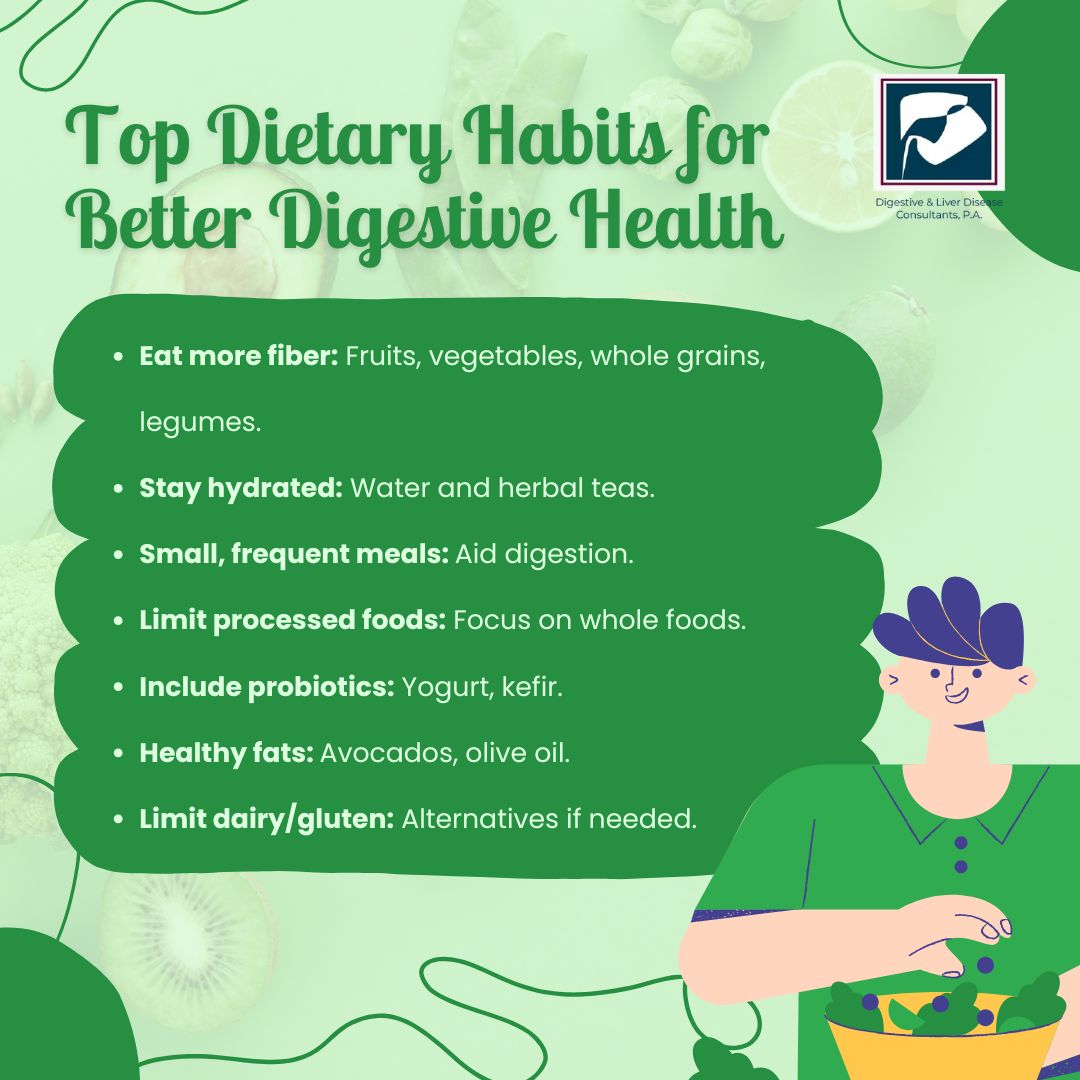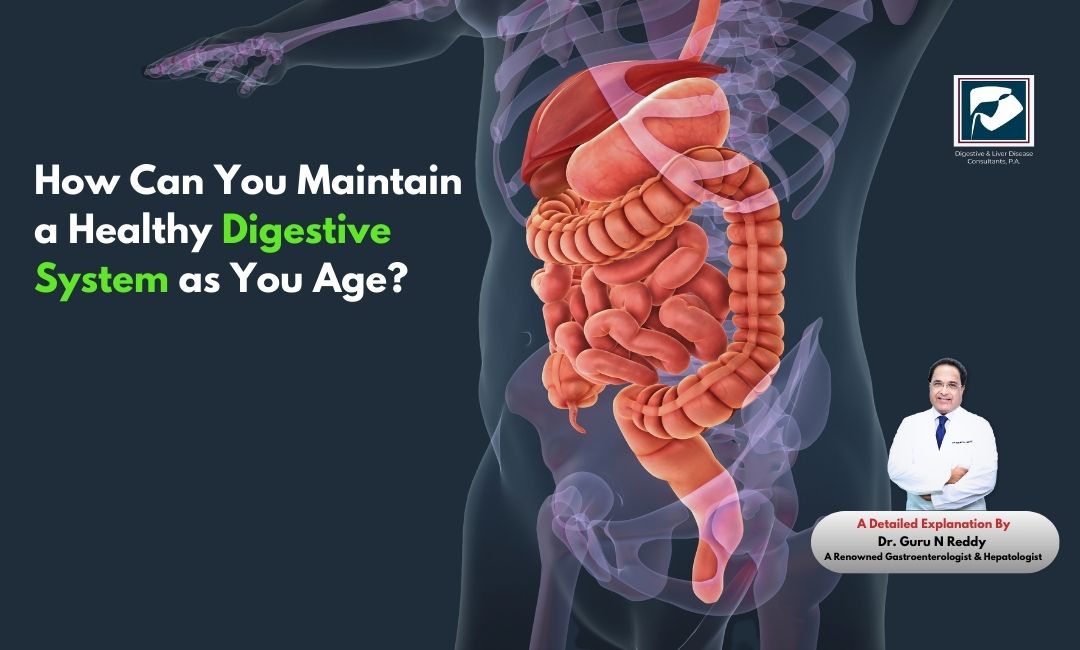As we age, our bodies go through many changes, and one of the areas that can be affected is our digestive system. It’s common to experience digestive issues as you get older, but with the right habits and lifestyle choices, you can maintain a healthy digestive system. Understanding how digestion changes with age, along with incorporating key dietary habits and lifestyle changes, can help support digestive wellness and improve your overall health.
Let’s explore how digestion evolves as we age and some simple tips you can follow to keep your digestive system in good working order.
Understanding How Digestion Changes with Age
As you get older, your body’s digestive processes naturally slow down. This can lead to a variety of issues, such as constipation, bloating, and indigestion. There are several reasons why digestion changes with age:
Slower Metabolism: As we age, our metabolism tends to slow down. This means that food moves through the digestive tract more slowly, which can lead to discomfort or constipation.
Decreased Digestive Enzyme Production: Your stomach produces fewer digestive enzymes as you age. These enzymes help break down food and absorb nutrients. With fewer enzymes, it can be harder to fully digest certain foods, especially fats and proteins.
Changes in Gut Flora: The balance of good bacteria in the gut can change over time. A decrease in beneficial bacteria can impact digestion and immune function, making it harder to process food and absorb nutrients.
Weaker Muscles: The muscles in the digestive tract, including those in the stomach and intestines, can weaken with age, making it harder for food to move through the digestive system effectively.
While these changes are natural, it’s important to recognize that they don’t have to lead to discomfort or health problems. With the right approach, you can keep your digestive system functioning well and feel your best as you age.
Key Dietary Habits for Better Digestive Health
Diet plays a crucial role in maintaining a healthy digestive system. Here are some key dietary habits that can help improve digestion and keep things running smoothly:
1. Eat More Fiber
Fiber is essential for healthy digestion. It helps keep food moving through the digestive tract and prevents constipation. As you age, you may need more fiber to maintain regular bowel movements. High-fiber foods include fruits, vegetables, whole grains, and legumes. Aim to include fiber-rich foods in every meal to support healthy digestion.
2. Stay Hydrated
Drinking plenty of water is crucial for good digestion. Water helps soften stool, making it easier to pass and reducing the risk of constipation. Aim to drink at least 8 cups of water a day, or more if you're physically active. Herbal teas, broths, and fresh fruits with high water content (like cucumbers and watermelon) can also help keep you hydrated.
3. Opt for Smaller, More Frequent Meals
As you age, your digestive system may become more sensitive to larger meals. Eating smaller, more frequent meals throughout the day can help ease digestion and prevent bloating or discomfort. This also ensures a steady supply of energy and nutrients for your body.

4. Limit Processed Foods and Excessive Fatty Foods
Highly processed foods, such as fast food and snacks with high levels of sugar and fat, can be harder to digest and may cause discomfort or bloating. It’s also easier for older adults to gain weight with these foods, which can further strain the digestive system. Try to reduce your intake of processed foods and instead focus on whole, nutrient-dense foods that are easier for your body to process.
5. Incorporate Probiotics
Probiotics are beneficial bacteria that help balance the gut flora. As you age, the diversity of your gut bacteria can decrease, leading to digestive issues. Eating probiotic-rich foods like yogurt, kefir, and fermented vegetables can support a healthy gut microbiome and improve digestion.
6. Include Healthy Fats
Healthy fats, like those found in avocados, olive oil, nuts, and fatty fish, support overall health and can help with digestion. These fats are also beneficial for the absorption of fat-soluble vitamins like A, D, E, and K.
7. Limit Dairy and Gluten (if needed)
As we age, some people may become more sensitive to dairy or gluten. If you notice bloating, discomfort, or gas after eating dairy or gluten-rich foods, consider reducing your intake. Instead, try lactose-free dairy products or gluten-free alternatives to maintain digestive comfort.
Lifestyle Changes to Support Digestive Wellness
In addition to dietary habits, certain lifestyle changes can also promote better digestive health. Here are some tips to help you maintain digestive wellness:
1. Stay Active
Physical activity is key for maintaining a healthy digestive system. Regular exercise helps stimulate the muscles in your digestive tract, promoting healthy bowel movements and reducing the risk of constipation. Walking, swimming, yoga, and other forms of low-impact exercise are all great choices for older adults.
2. Manage Stress
Chronic stress can have a negative impact on digestion, leading to problems like indigestion, bloating, and even irritable bowel syndrome (IBS). Practicing relaxation techniques such as deep breathing, meditation, or yoga can help reduce stress and support a healthy digestive system.
3. Get Enough Sleep
Quality sleep is important for overall health, including digestive health. During sleep, your body has time to repair and rejuvenate, including the digestive system. Aim for 7-9 hours of restful sleep each night to support your digestive health.
4. Avoid Smoking and Limit Alcohol
Smoking and excessive alcohol consumption can irritate the digestive system and increase the risk of conditions like acid reflux, ulcers, and gastrointestinal issues. If you smoke, consider quitting, and try to limit alcohol consumption to support digestive wellness.
5. Practice Mindful Eating
As you age, it’s essential to eat slowly and chew your food thoroughly. This gives your digestive system more time to break down food and absorb nutrients. Mindful eating can also help you avoid overeating and reduce symptoms like bloating or indigestion.
Conclusion: Take Control of Your Digestive Health
A healthy digestive system is vital for overall well-being, and with a few simple dietary changes and lifestyle adjustments, you can support your digestion as you age. Focus on a fiber-rich, balanced diet, stay active, and practice good habits like managing stress and getting enough sleep. By doing so, you’ll not only improve your digestive health but also feel better overall.
If you’re experiencing digestive issues or need personalized advice, the experts at DLDC are here to help. Schedule your consultation today and take the first step toward a healthier digestive system!






